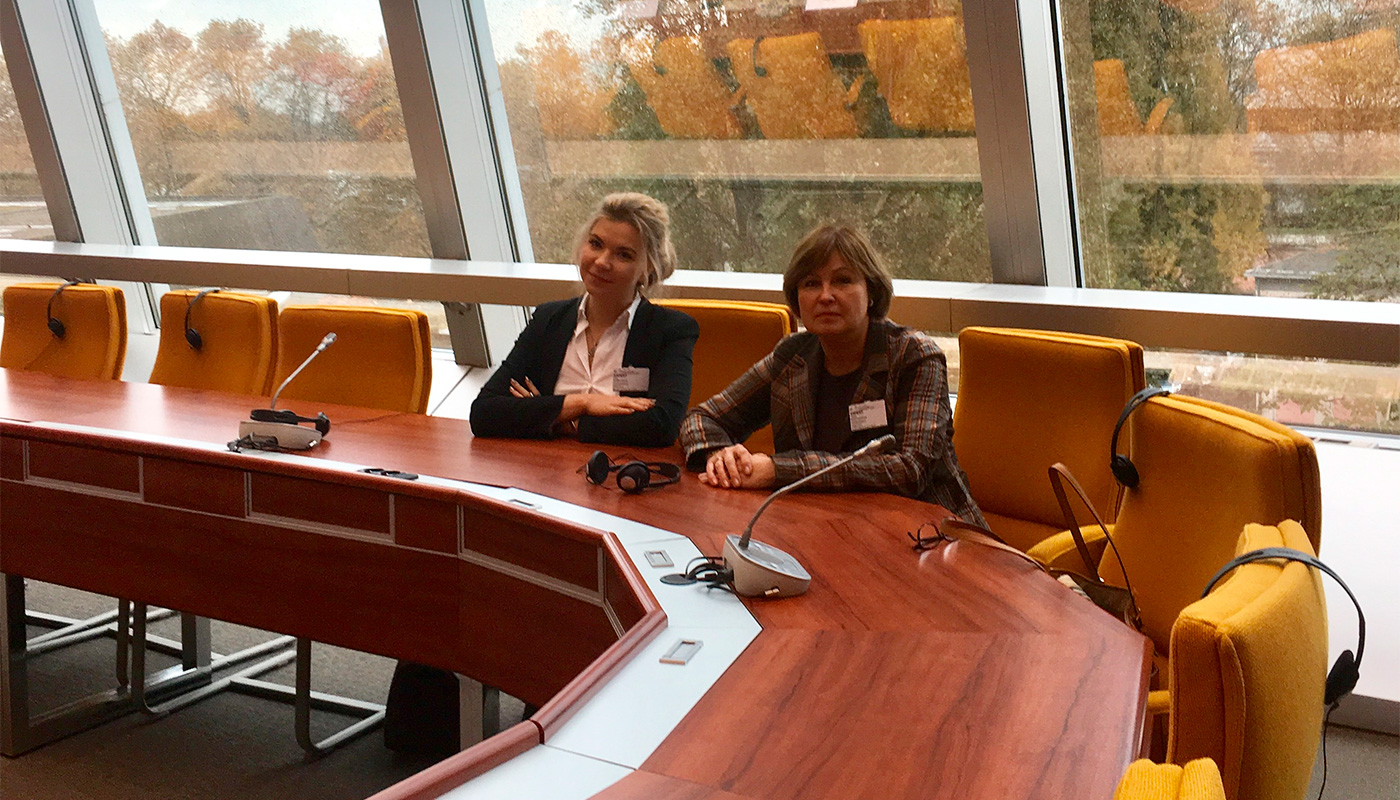On November 7–9, 2016, annual World Forum for Democracy took place in the Council of Europe, Strasbourg.
Europe has lately survived a number of challenges like migration crisis, terrorist attacks, and economic slowdown. These challenges has made Europeans think about the future of democracy. What will future bring to Europe? How will the idea of democracy be modified? What has to be done in order to build a society based on stability, freedom, and social inclusion?
These were the key issues of the 2016 forum agenda, the main topic being «Democracy and equality — does education matter?»
On November 7–9, 2016, annual World Forum for Democracy took place in the Council of Europe, Strasbourg.
Europe has lately survived a number of challenges like migration crisis, terrorist attacks, and economic slowdown. These challenges has made Europeans think about the future of democracy. What will future bring to Europe? How will the idea of democracy be modified? What has to be done in order to build a society based on stability, freedom, and social inclusion?
These were the key issues of the 2016 forum agenda, the main topic being «Democracy and equality — does education matter?»
According to the representatives of European states, it is education that has to become the key component for building a democratic society.
The opening remarks at the Forum were made by Jagland Thorbjørn, Secretary General of the Council of Europe, Roland RIES, Mayor of Strasbourg, Erna Solberg, Prime Minister of Norway, and Najat Vallaud-Belkacem, Minister of Education, Higher Education and Research of France.
The 3-day program of the forum included 19 Lab Series, participants discussing the relationship between education and democracy.
Russian International Affairs Council (RIAC) was represented by Tatiana Bogdasarova, Program Manager, and Anna Kuznetsova, Educational Projects, Program Manager.
Anna Kuznetsova took part in the discussion on Digital Education for Democracy. «The universities today are becoming one of the most powerful soft power tools. That is why it is so important to cover their activity and educational programs not only within the country but also abroad. New digital technologies should work in favor of this issue solution» — mentioned Anna Kuznetsova. She also made a presentation of some RIAC educational projects, Electronic University Internationalization Index in particular.
Tatiana Bogdasarova attended Global Classroom workshop. She shared her experience on Globalization 2.0 project implementation, that is aimed at sharing experience and best practices on new approaches and teaching methods in globalization issues research in Russian and Italian universities. According to Tatiana Bogdasarova, «Such bilateral project can be implemented between Russian and European universities who are interested in sharing their experience in order to advance globalization focused educational programs».




